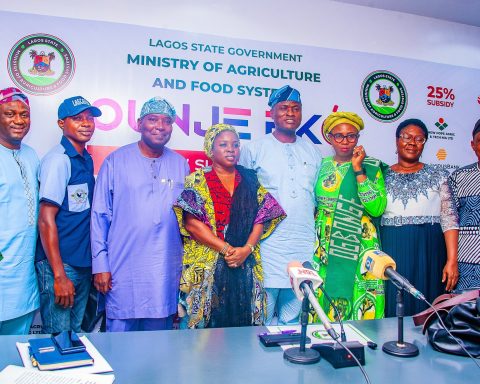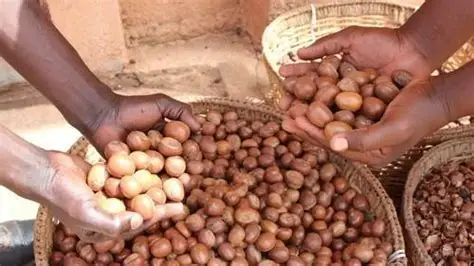CENTRAL Bank of Nigeria (CBN), has promised to intervene and assist wheat farmers in the country out of the challenge of inadequate seeds.
Join our WhatsApp ChannelFarmers’ researchers and industrialists have also identified poor quality of inputs and inadequate infrastructure as other factors impending production of wheat in the country.
Nigeria produces less than five per cent of the yearly needs, putting pressure on foreign exchange as over 90 per cent of wheat consumed locally is imported.
To change the gloomy production data and decelerate the pressure on the economy, the CBN recently reiterated its resolve to face challenges in wheat production by making inputs available to farmers, financing massive production of wheat in Nigeria, and also seeking to facilitate sustained availability of high yield seed varieties in-country and improve general productivity.
Philip Yila Yusuf, CBN Director, Development Finance Department, at a wheat conference and Stakeholder Engagement, with the theme: ‘Improving and Sustaining the Wheat Value Chain Development in Nigeria,’ stated that having realised the importance of wheat to food security move of the country, the bank’s focus on its value chain for 2021/2022 dry season planting became imperative after sustainable progress had been made across the rice and maize value chains.
He lamented that wheat is the second highest contributor to Nigeria’s food import bill, which he said is mounting pressure on foreign reserves.
He added that over $2 billion was spent yearly on the importation of over 5.0 million metric tonnes of wheat.
Furthermore, he estimated that only 63,000 metric tonnes of wheat, out of the five to six million metric tonnes consumed annually, is produced locally, noting that the CBN intervention became critical due to its high demand in Nigeria and prevailing shortages.
‘’The CBN plans to address key problems in the value chain through financing massive production of wheat in Nigeria, and seeks to facilitate sustained availability of high yield seed varieties in-country and improve general productivity.’’
It would be recalled that Dr Akinwumi Adesina, a former Minister of Agriculture and President of African Development Bank (AfDB), recently said at a ministerial retreat organised for the executive council of the Federal Government that by stopping the Growth Enhancement Support (GES) in 2015, critical inputs were disrupted not only to wheat but also to rice and sorghum farmers.
Dr. Oluwasina Olabanji, a former Director-General of the Lake Chad Research Institute, and consultant to CBN on wheat seed multiplication, explained that the regulatory bank had facilitated importation of about 13,000 metric tonnes of improved and heat-tolerant wheat seeds, which were being multiplied in the country.
To maximise its production in the country, according to him, marginal areas for wheat production would be explored in the dry season farming.












